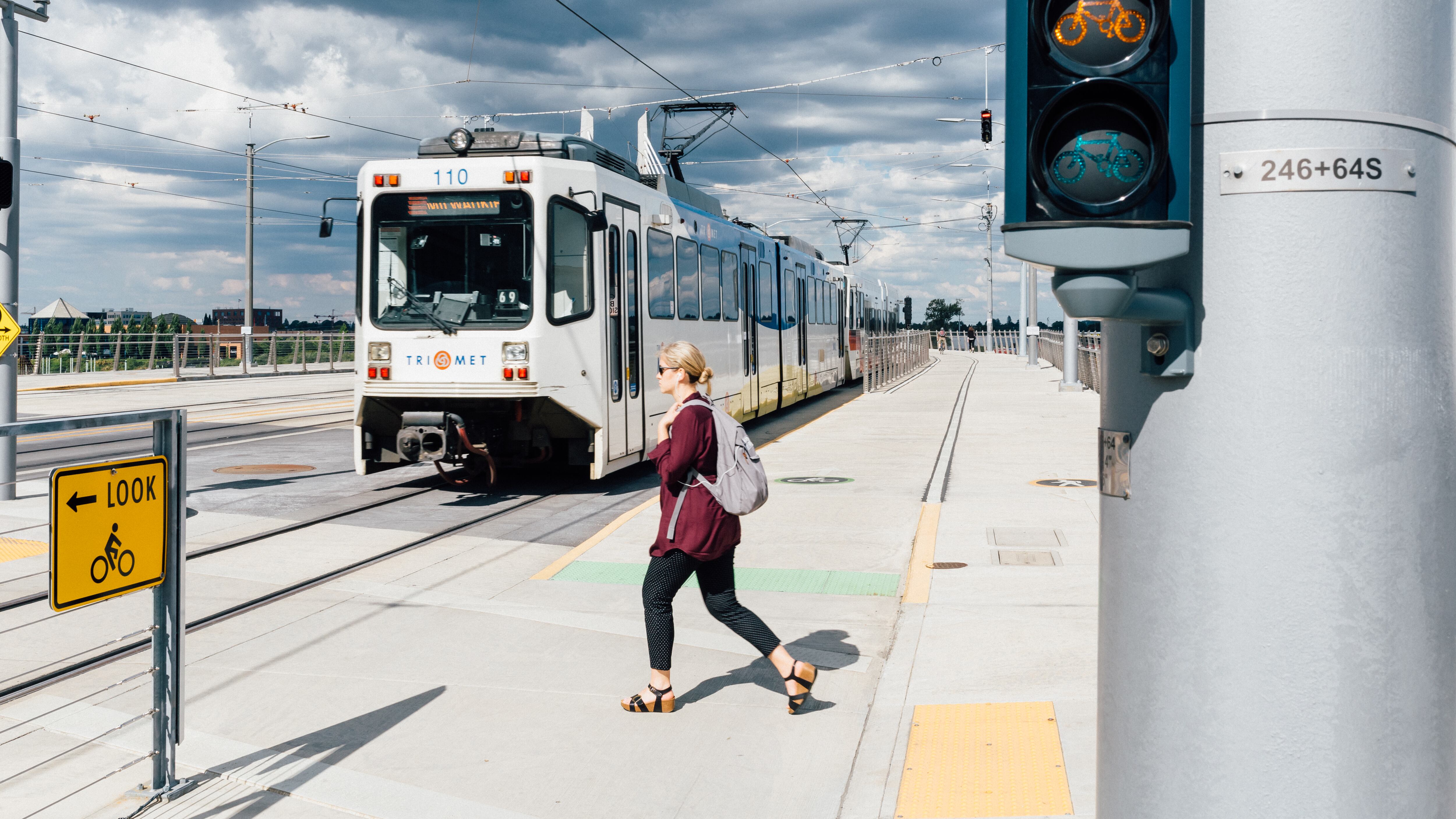The regional government Metro, which began polling this month for a possible transportation bond on the 2020 ballot, found support for a massive expenditure on transportation.
Of the 1,463 the likely voters polled, 65 percent were very willing or somewhat willing to support their household spending $200 a year "in additional taxes to fund…transportation improvements" such as "repairing sidewalks," "fixing potholes," replacing bridges, and "widening highways at bottlenecks."
That amount, $200 a year for 30 years, could mean $2.2 billion if Metro again pursues a property tax bond, as it did on for the affordable housing bond, passed in November.
Metro has not yet decided on a tax or bond, and is not likely to simply appeal to voters to pass a simple property tax bond again. Metro did not provide estimates for how much could be raised from other tax structures.
In all, 64 percent of polled voters supported a plan for "specific traffic relief projects; repairs to local streets and roads; new light rail and rapid bus lines; and projects that make local streets and roads safer."
Typically, 60 percent support is considered the politically feasible starting point for a ballot initiative. (Of those polled, 55 percent indicated support for paying even more—an average of $300 a year for thirty years.)
"Voters in this region want to see investment in the transportation system that improve commutes and travel time for everyone," says Andy Shaw, government relations director at Metro. "Our sense from the poll is that people are hungry for systemic improvements that make the system work better for everyone, that allow some congestion relief, that allow faster bus service, that allow people to get around the region."
Metro paid $60,000 to FM3 Research, which conducted the poll from Jan. 4 to Jan. 10, with a 2.8 percentage point margin of error.
Metro in November passed a $653 million bond to build affordable housing, and is eyeing its second priority for next year's ballot.
It's not clear at this point what projects will be included in the bond. Metro expects to include a Southwest Corridor MAX line, but the final determination will come later.
The poll mentions replacing the Ross Island and Burnside bridges (for which there was 81 percent support) and "widening freeways like Highway 217 or Interstate 5 at key bottleneck" (for which there was 78 percent support), though Metro officials said that wasn't an indication those items would be included.
Also included was a question about the $5 billion project of upgrading the MAX to run underground in downtown, which, with that price tag, was favored by just 44 percent of those polled.
The poll also provided a look at the outlook of residents. A growing percentage of Portland area residents, 48 percent, say the region is headed in the wrong direction. That's up from 43 percent in 2016.
In all, 52 percent of respondents say the region is growing too fast, but 58 percent expect the region to continue to grow at its current rate.
The cost of housing and traffic congestion lead the list of concerns polled by Metro, with 75 percent and 73 percent of respondents saying those issues, respectively, were extremely or very important.
The poll included an interesting tension for elected officials and policy leaders who are interested in investing public transportation.
"Improving public transportation" polled poorly with just 43 percent saying that was extremely or very important compared with other possible priorities such as "creating more good jobs" (71 percent), "improving air and water quality" (69 percent) and "addressing climate change" (64 percent).
Metro will also be looking to renew a smaller parks bond in 2019.
